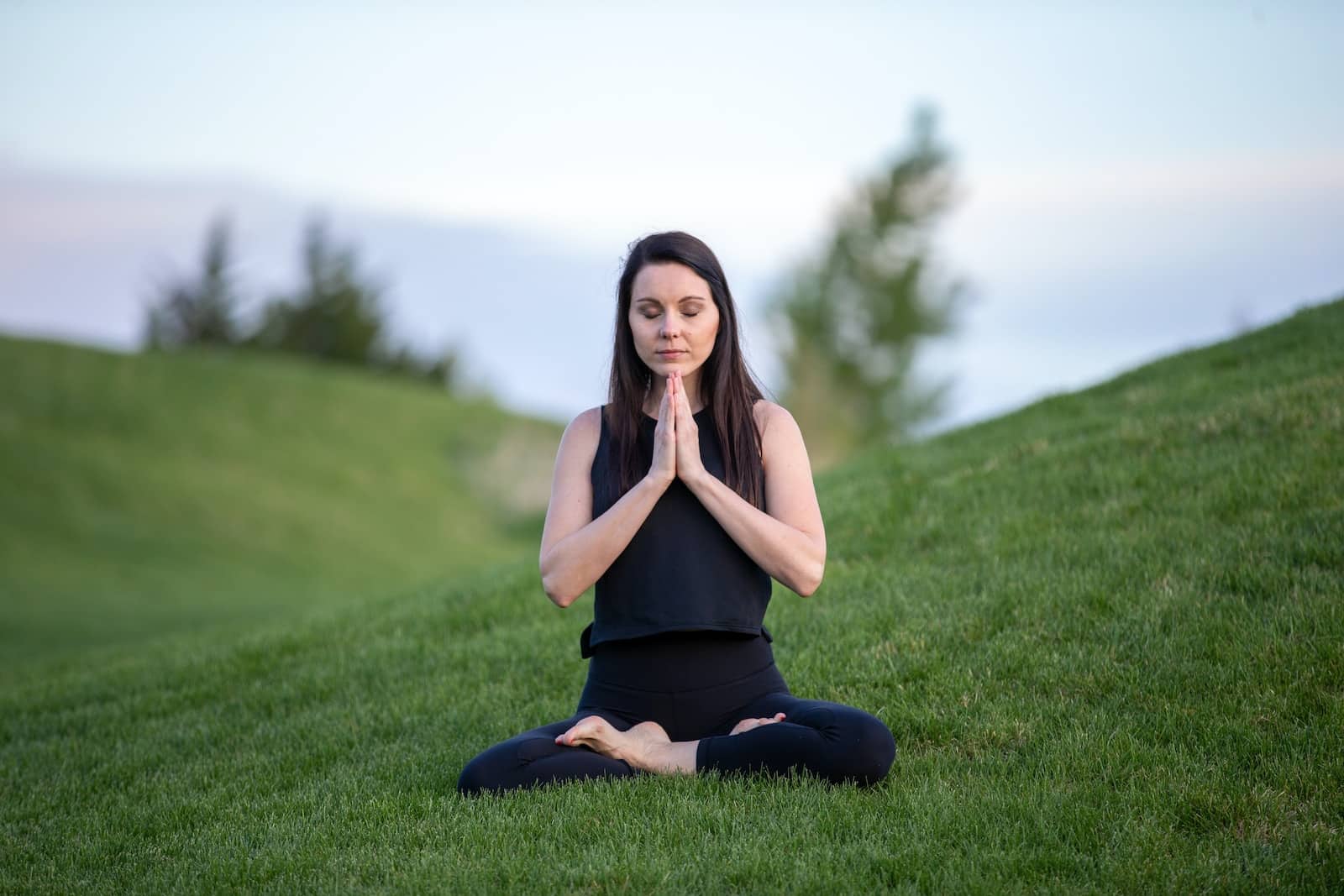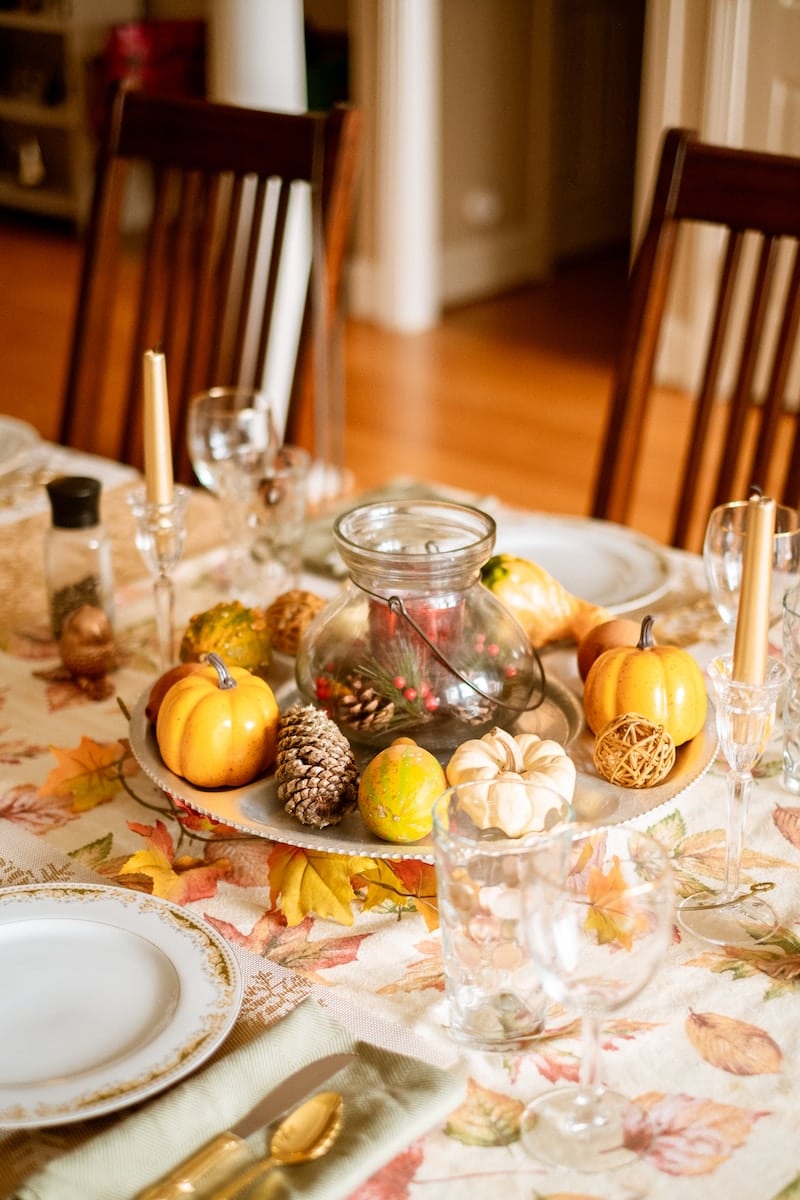
There are various reasons why people go vegan. Some are concerned about animal rights or the impact of meat and dairy farming on the environment, whereas others switch to plant foods for health reasons. Whether you’re looking to embark on a fully-fledged vegan Christmas, or you just want to introduce a few healthy recipes into your usual feast, here’s everything you need to know about being vegan during the holidays.
Understanding Veganism
A vegan diet is typically one free of all animal meat and animal by-products, including dairy, eggs, meat, and fish. However, some view veganism as a complete way of life, rather than merely “plant-based” eating, and work to eradicate furs, leather, and all animal-tested products from their homes. The so-called “rules” may sound overwhelming, but it’s about what veganism means to you – the label is just pretense.
Before you delve into this new way of life, spend some time researching the various health benefits and environmental impacts of veganism and work out your reasons for making the switch. It will be important to remember these during the times you’re finding your new diet challenging.
Veganism Isn’t All or Nothing
There’s a strict, restrictive culture perpetuated by some vegans that puts people off. Veganism is a transition, and you don’t have to make it overnight. Instead, start by implementing small changes to see how they suit your lifestyle. Swap cow’s milk for a plant-based alternative like almond or oat milk, and try experimenting with vegan cheeses and cooking more vegetable-based meals.
Changing your habits overnight can feel overwhelming, so take baby steps toward your new way of eating, and don’t feel pressurized by others. Diet is a personal choice, and it has to mean something to you – not just your friends.
Eating Vegan Is Not As Difficult As You Might Think
The thought of eating vegan food at Christmas time sends most people into a tailspin, but in reality, it isn’t that much of challenge in reality – especially if you’re already vegetarian. The traditional vegetable accompaniments like mashed potatoes, carrots, and parsnips are automatically vegan, so long as they’re not cooked in butter or animal fat, as are most prepared jars of bread sauce, cranberry sauce, and even gravy granules. You can buy premade nut roasts, meat replacements, and vegetable pies from stores like Whole Foods, or you can make your own.
Yes, You Can Still Indulge As a Vegan
Just because a cookie was made using vegetable margarine and dairy-free chocolate chips, doesn’t mean it’s not a cookie. You can still enjoy your favorite treats over the festive season, but you may need to shop a little more carefully or cook using new ingredients. Make yourself a celebratory hot chocolate using organic cacao powder, almond milk, maple syrup, and pumpkin spice. You could even add some floating vegan marshmallows on top – these taste just like the real thing!
Remember the “everything in moderation” rule, as not all vegan food is healthy. Over the festive period, it’s fine to indulge in “junk foods” like chips and cakes more than you usually would. However, if you keep up these habits after the New Year, then you will feel sluggish, tired, and bloated, just like any diet of junk food would make you feel – vegan or not.
Veganism Is Not a Magic Wand
Veganism isn’t for everyone, and it can be hard to make the switch. If you’re planning to become vegan over the holidays, it’s a good idea to make small changes at first to give your body time to adjust. There are numerous studies into the health benefits of veganism, but it’s not a magic wand that will fix all of your health woes.
If you’re passionate about the diet and wellness industry, you might find it interesting to learn more about the impact of diet on our health. You may even wish to turn your interest into a career so you can help to care for others. For information on entering the healthcare field, visit www.ultimatemedical.edu/blog/healthcare-careers.
Veganism Doesn’t Always Equal Weight Loss
Any diet can make you lose or gain weight, depending on how you do it. If your vegan diet consists of chips, dairy-free ice cream, and Oreos, you’re unlikely to reap any of the health benefits of the plant-based lifestyle. However, whole grains and slow-release carbohydrates like brown rice and pasta, potatoes and green vegetables will keep you fuller for longer, preventing overeating, which often leads to weight gain.
You May Need to Take Supplements
You don’t want to feel sluggish and lacking in energy over the holidays, so it’s important to consult your doctor or dietician for advice before turning vegan. A healthcare professional will be able to recommend any vitamins or supplements you will need to keep your body in good health.
Although it is possible to get all the iron and calcium you need through vegetables alone, doing it this way does require you to eat a lot of plants! Depending on how your body stores nutrients, you may need to take additional supplements. You will also need to take a B12 tablet, as this vitamin can only found in animal products and it’s essential for health and wellbeing.
Conclusion
Going vegan for the holidays is a big undertaking, but a plant-based diet can help you enjoy a more conscious, healthy, and ethical Christmas. Whatever your motivation for going vegan, make sure you have all the facts before taking the leap. There’s no reason to lack nutrients as a plant-based eater when there are so many great products on the market, but it can be difficult for new vegans to know what to eat. Do your research, seek professional advice, and don’t be afraid to experiment with new recipes and ingredients.






